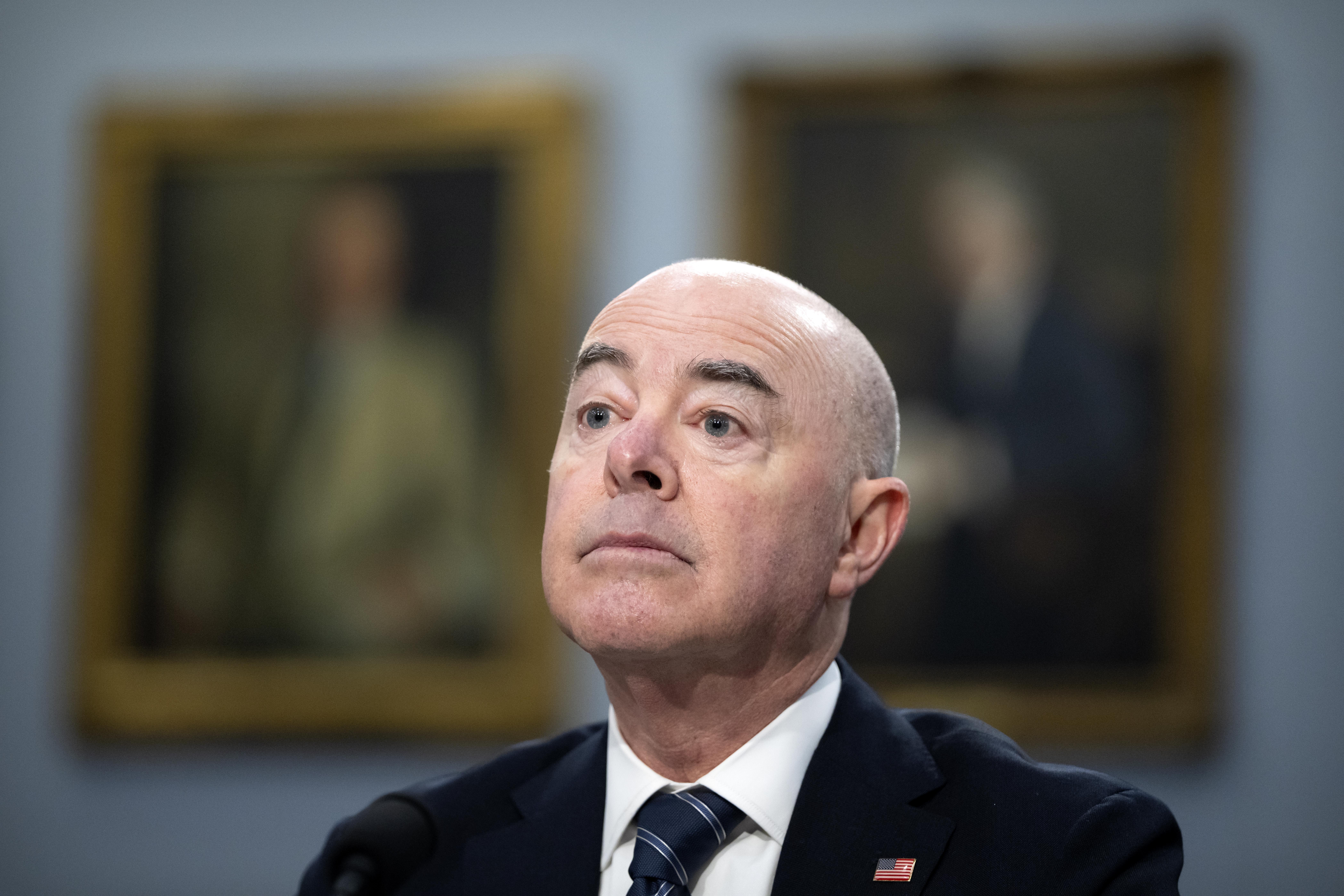Gov. Jerry Brown and local government officials are warning that the state pension board is making the nation's largest public retirement system vulnerable to abusive practices known as "pension spiking" by misinterpreting reforms for new hires passed two years ago.
A committee of the California Public Employees' Retirement System is scheduled to vote Tuesday on the type of pay that can be used toward calculating pensions for workers hired after Jan. 1, 2013. The full board is expected to vote on the regulations Wednesday.
Brown is objecting to counting extra pay for short-term promotions, which he says disregards the pension-reform law he pushed through the Legislature in 2012.
"I urge the board to vote against these regulations and instead request a new draft that excludes temporary pay upgrades from employee pension calculations," the Democratic governor wrote in a letter dated Friday to Rob Feckner, CalPERS' board president. The letter also was sent to the other 12 board members.
In a separate but related matter, some municipalities and the League of California Cities oppose counting pay differentials, such as those for working alternate shifts and special assignments, toward final pension payouts.
The city of Long Beach said using "normal monthly rate of pay" as opposed to "base pay" would boost pension payouts for employees simply doing their jobs and could give the appearance of trying to get around the 2012 pension reforms.
On the list of nearly 100 eligible calculations, for example, are law enforcement officers who get certified as a marksperson, paramedics who obtain training for medical techniques, fire inspectors who are assigned to investigate causes of fires and garbage collectors who routinely collect trash. The list of duties eligible for added compensation already applies to employees hired before Jan. 1, 2013.
Politics
CalPERS officials say the anti-spiking provisions of the 2012 law will remain intact.
"CalPERS has approached this issue with full transparency and sought stakeholder input along the way, including employee and employer feedback," Rosanna Westmoreland, a pension fund spokeswoman, said in a statement Monday. "The purpose of the public hearing tomorrow is to seek even greater input on what compensation should and should not be counted toward pensions."
The law, AB340, was a bipartisan effort intended to save taxpayers billions of dollars by capping benefits, increasing retirement age, stopping pension spiking and requiring state employees to pay at least half their pension costs.
The law prevents using unused vacation, leave and other paid time off toward pension calculations. It also prevents "any one-time or ad hoc payments" to employees from being used for the calculations.
The Brown administration is worried that by allowing the counting of short-term promotions, employees could manipulate the system toward the end of their careers by taking "acting" or other temporary promotions to boost their final pension calculations.



